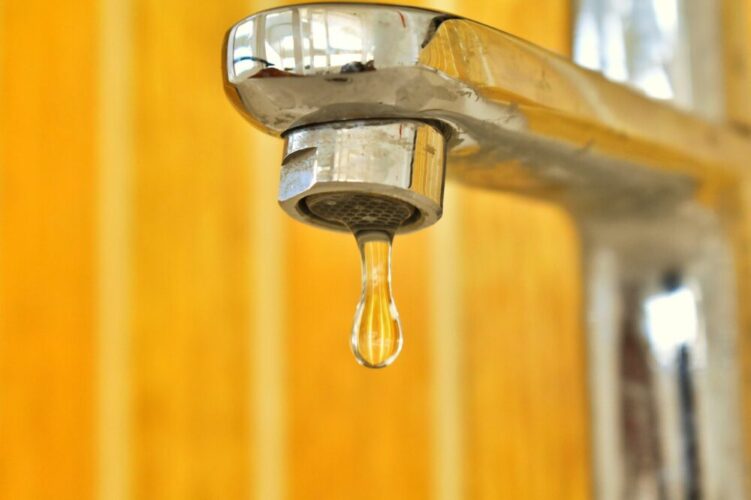Why should you soften your drinking water?
Water is a basic necessity for life, and most of us use it daily for drinking, cleaning, cooking, and bathing. However, the quality of water that comes out of our taps can be a significant concern. Hard water, which contains high levels of dissolved minerals like calcium and magnesium, can cause a variety of problems for homeowners. A water softener system can remove these minerals and improve the overall quality of your home’s water.
Importance of water softening?
In this article, we’ll explore the benefits of water softening and why it may be worth considering for your home.
Improved Water Quality
One of the primary benefits of water softening is improved water quality. Hard water can cause scale buildup in pipes and appliances, leading to decreased efficiency and increased energy usage. Water softening removes the minerals that cause this buildup, resulting in cleaner pipes, appliances, and fixtures. Softened water can also improve the taste and smell of your water, as well as the effectiveness of soaps and detergents.
Health Benefits
While hard water isn’t necessarily harmful to your health, it can cause skin irritation and dryness, especially for those with sensitive skin. Hard water can also make it more challenging to lather soap, leading to increased use and potential exposure to harsh chemicals. Water softening can help alleviate these issues and make bathing and showering more comfortable and enjoyable.
Reduced Maintenance and Repair Costs
As mentioned earlier, hard water can cause scale buildup in pipes and appliances. Over time, this buildup can decrease the lifespan of these items and require expensive repairs or replacements. Water softening can help prevent this buildup, reducing the need for costly maintenance and repair work. Additionally, softened water is less corrosive, which can help extend the life of your water heater, washing machine, and other appliances.
Energy Savings
When scale builds up in pipes and appliances, it can decrease their efficiency and increase their energy usage. Water softening can help remove this buildup, resulting in improved energy efficiency and potential cost savings on your utility bills. According to some studies, water softening can save homeowners up to 30% on their energy bills related to water usage.
Environmental Benefits
Water softening can also have environmental benefits. As mentioned earlier, hard water can decrease the efficiency of appliances, leading to increased energy usage. This increased energy usage can contribute to higher carbon emissions and a larger carbon footprint. By using softened water, homeowners can reduce their energy usage and, in turn, their impact on the environment.
Types of Water Softening Systems
There are several types of water softening systems available, each with its own set of benefits and drawbacks. The most common type of water softener is an ion exchange system, which uses resin beads to remove minerals from the water. Other types of water softeners include salt-free systems, magnetic systems, and reverse osmosis systems. It’s essential to consider the specific needs of your home and family when choosing a water softening system. Factors such as water usage, water quality, and budget should all be taken into account when making your decision. Consult with a professional to determine the best type of water softener for your home.
Conclusion
Water softening offers a variety of benefits for homeowners. From improved water quality to reduced maintenance costs, there are many reasons to consider investing in a water softening system for your home. Not only can it help save you money, but it can also make your home more comfortable and environmentally friendly. If you’re interested in learning more about water softening, reach out to a local professional for water softener installation Erie.
